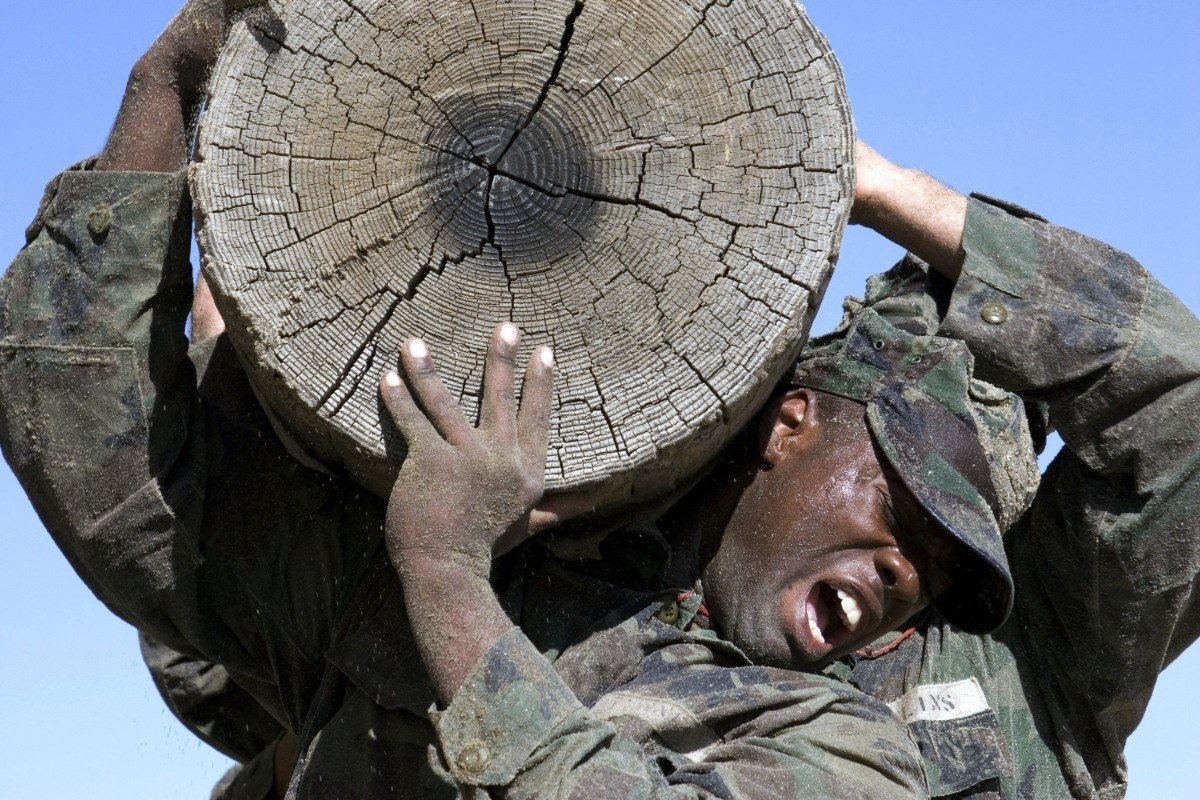2 Samuel 8 Commentary
by Brad Boyles
In many ways, David is presented as the “anti-Saul” even though at times, their behavior does not seem all that different. Thus far in Samuel, we’ve witnessed several questionable decisions by David. Here in 2 Samuel 8, he goes on to kill thousands of people from neighboring nations. Later in Scripture, he feeds his appetite for women by committing adultery. On the surface, it may seem contradictory that God would stick with David but not with Saul.
In 2 Samuel 8, I think the elephant in the room is the image we get of David. As his victories pile up, the picture that’s painted is a mass-murdering, power-hungry king who dominated anyone who stood against him. We may be tempted to ask, why did God reject Saul but embrace David? Furthermore, why does God choose to extend grace to David by seemingly overlooking these many character flaws?
Let’s not forget who these men were at their core…
- David was God’s king.
- David’s reign was a covenant blessing.
- David exemplified forgiveness, repentance, and courage.
- David was honest with God.
- Saul was man’s king.
- Saul’s reign was rejected.
- Saul exemplified cruelty, pride, and fear.
- Saul used the name of God to support his sin.
So, foundationally, David and Saul were on different paths. David wanted to experience the love of God, while Saul did not. But what about all of David’s killing in this chapter?
The people David killed were not innocent people. They were enemies of Israel and enemies of God. They hated God’s people and made it their mission to destroy them. The fact that the Lord made David victorious everywhere validates these choices as divine judgment from God, not a sudden moment of frenzied bloodshed by David. As difficult as it can be, we must come to a place of trust with God where we believe that what He has willed is good and just.
Metaphorically, we must remember that we have a spiritual enemy who never sleeps. He is an enemy of God’s people and an enemy of God. Day and night, he accuses us of all our failures hoping that we eventually give up. The Lord has willed us to victory through Jesus, but He has also enlisted us as soldiers in this cosmic battle.
The weapons we use are not of this world. They are counter-cultural and Kingdom-minded. They usher in a new way of life that models the very person of Jesus Christ. We, like King David, must go to war in the places God has called us. We must travel across the borders into enemy territory and lead the captives to freedom. We must allow Jesus to rule our lives, leading us to victory in the small battles while the sum of God’s people come together to engage the enemy in the war.
If we do this, the outcome will be the same. He will lead us to victory wherever we go.




